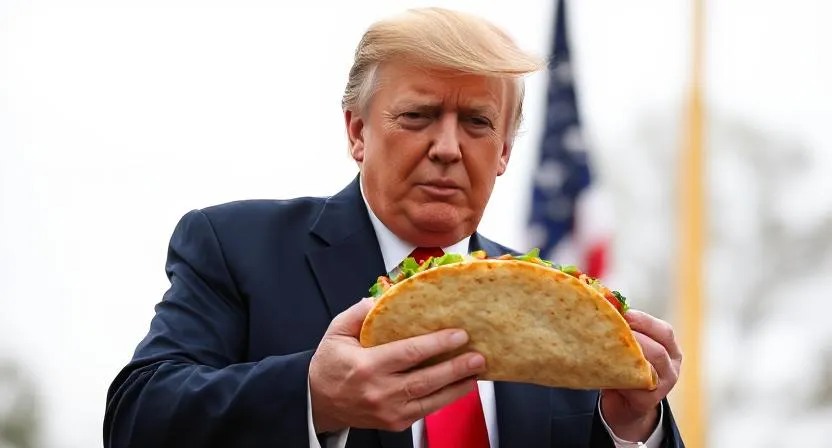The pattern has become so obvious and familiar that it is laughable:
- Democratic president – scream about the deficit and the debt
- Republican president – make it much worse than when you found it
We’ve all seen the graph that proves my point:

I mean, it’s pretty striking, right? Republicans always want to do tax cuts, no matter what the numbers look like.
Let me be clear: I am a Keynesian when it comes to government spending and deficits. If the economy is struggling, you increase government spending on things that reach and help the most people, even if it increases the deficit (and thus, the debt). If the economy is doing well, you try to wind down some of that spending and lower or eliminate the deficit.
What you don’t do is cut taxes for the ultra-wealthy. Why? Because you are increasing the deficit (and the debt) without having any impact on the economy and the general welfare at all. First of all, the wealthy don’t need the money. And second, you are taking money away from things that can both help more people and grow the economy.
A few notes before I get to the nub of today’s article:
- The federal budget is not like a family checkbook. Nor is it like a state budget, which are required to be balanced. The feds have one power that neither families nor states have: they can print more money. I’m not going to get into modern monetary theory (not the point of today’s post), but to some extent the MMT people have a point.
- There are limits, though, to the solution of “print more money.” Obviously, there’s the risk of inflation. There’s the risk of unsustainable growth, with its effects on the environment and even on society. And, there is the impact of the debt on the federal budget and on the stock and bond markets.
And that last sentence is what today’s post is really about.
Not only are the Republicans in Washington preparing to cut healthcare and food assistance for millions of Americans; not only are they slashing budgets and staffing of agencies that make a real difference here and around the world; and not only are they doing all this to give another giant tax cut to the ultra-wealthy.
They are also about to really screw up the economy for all of us, by increasing the debt so far that servicing that debt will become the number one expense of the federal budget – thus blowing up the bond market and causing interest rates to scream into the stratosphere.
Check out these numbers and the results:
- This Republican tax-cut and services-cut bill will increase the national debt by at least $3 trillion over the next ten years.
- If some of the temporary things in the bill actually become permanent, that debt increase goes to $5 trillion.
- In response, the bond market is saying “If you want us to buy your bonds to fund this much debt, then you’re going to have to give us higher interest in return.”
- In fact, in May the government actually had trouble selling its 20-year bonds at auction (which almost never happens). The only way they got them out the door was to raise the interest rate paid on the bonds.
- As a result of this reaction to the Repub bill, countries once noted for fiscal mismanagement like Greece and Italy can now borrow money at lower interest rates than the U.S.
- After Moody’s downgraded its rating of U.S. debt in May, that meant that none of the bond rating companies had us at their highest level of trustworthiness – a spot we had been at for decades.
- As noted by Vox, “By 2035, the US would be spending $2.1 trillion a year on interest, more than on defense or on Social Security, or on Medicare.”
To put it bluntly, this is madness. Any responsible legislator would look at this bill and its effects on both the debt and the markets — not to mention on its effects on all of us — and say “Not no, but hell no!”
But it appears that Republicans are determined to pass this bombshell, no matter the impact. If they do, the impacts will be both immediate and long-term.
- Got a mortgage or line of credit that can adjust? Get ready for your interest rates to go up.
- Got student loan debt? Same thing.
- If you are a business, large or small, that needs to borrow money to either smooth out your cash flow or to grow, your interest costs are going to go up, possibly a lot. Does that change your plans? Perhaps that expansion and the resulting jobs will have to wait.
- If we move into a recession, in normal times the government would be able to lessen the impact by increasing government spending. Now? There won’t be room for any of that; we’ll still be paying off these tax cuts for the next decade or so.
So, let’s watch the bond markets to see where interest rates go. Watch your own interest rates as well. Take note of the impacts of the slash-and-burn parts of this bill, not only on Medicaid and food stamps but also on your local schools, and the cost of college, and rural hospitals, and on and on.
And then remember: This was all done by Republicans. Who always, always, screw up the money.
--30--








